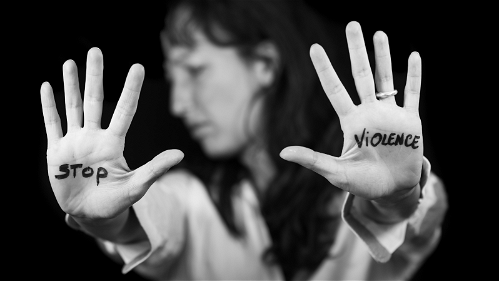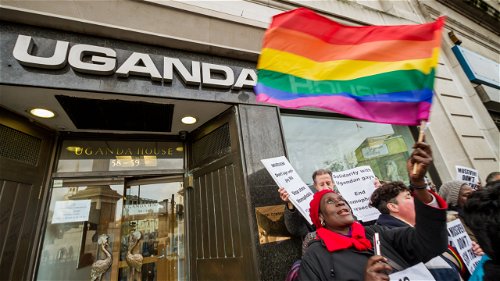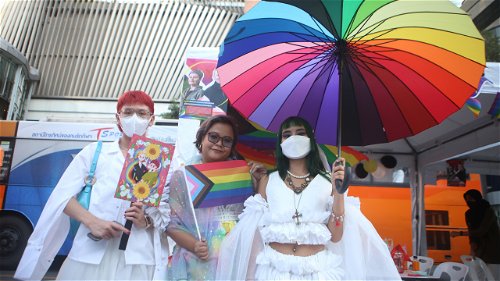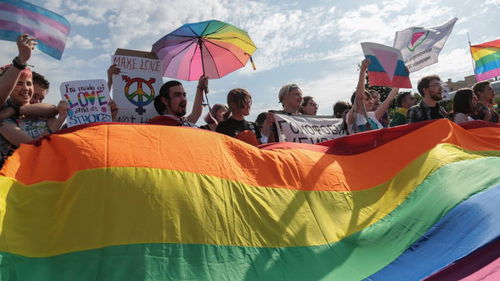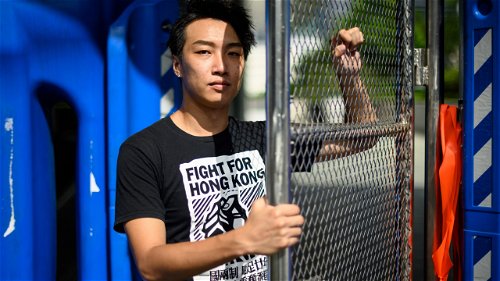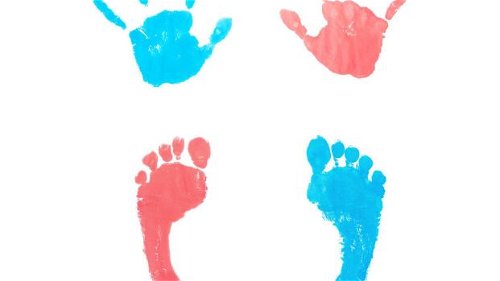
Transgenders in China opereren zichzelf omdat gezondheidszorg niet toegankelijk is
Transgenders in China passen op zichzelf chirurgische ingrepen toe en kopen onveilige hormonenbehandelingen op de zwarte markt omdat de toegang tot dringende specifieke gezondheidzorg voor hen erg gelimiteerd is. Dit zegt Amnesty International in een nieuw onderzoeksrapport.
Het rapport “I need my parents’ consent to be myself- Barriers to gender-affirming treatments for transgender people in China” toont aan dat een gebrek aan informatie, discriminatie, stigma en restrictieve ontvankelijkheidscriteria transgenders ertoe dwingen om gebruik te maken van ongereguleerde en onveilige genderbevestigende behandelingen.
De gemeenschap van transgenders in China is zo goed als onzichtbaar en wordt geconfronteerd met verregaande discriminatie thuis, op school, op de werkvloer en in het gezondheidssysteem. Niettegenstaande deze uitdagingen heeft Amnesty International 15 transgenders verspreid over het land bereid gevonden om te getuigen over hun ervaringen.
De meeste vertelden aan Amnesty hoe zwaar ze lijden onder de mismatch tussen hun genderidentiteit en geslachtskenmerken. Uit de interviews bleek echter ook dat ze bitter weinig weten over toegang tot genderbevestigende behandelingen in de publieke gezondheidszorg. Dit in combinatie met strenge en discriminerende ontvankelijkheidscriteria zorgt ervoor dat transgenders hun weg niet vinden naar de zorg die ze nodig hebben.
In China worden transgenders geclassificeerd als “mentaal ziek” en genderbevestigende behandelingen zijn enkel toegankelijk mits toestemming van de familie. Dit is een ernstige hindernis tot gezondheidszorg. Veel transgenders praten niet met hun familie omdat ze vrezen afgewezen te worden.
Ook andere criteria om in aanmerking te komen voor chirurgie – zoals ongetrouwd zijn of een leeg strafblad hebben – vormen grote obstakels tot behandeling.
“China laat transgenders in de steek. Discriminerende wetgeving en beleid geven vele mensen het gevoeld dat ze geen andere keuze hebben dan hun leven op het spel te zetten en zichzelf te opereren en onveilige hormonenbehandelingen toe te passen die ze aankopen op de zwarte markt,” zegt Doriane Lau, China-onderzoeker van Amnesty International.
“De autoriteiten mogen transgenders niet langer classificeren als mentaal zieken. Informatie over gezondheidszorg voor transgenders moet beschikbaar gemaakt worden en de extreme voorwaarden om toegang te krijgen tot genderbevestigende chirurgie moeten versoepeld worden. Transgenders hebben recht op de gezondheidszorg die ze nodig hebben.”
Meer informatie leest u hieronder in het internationale persbericht:
Dangerous self-surgery
Let down by the health system, transgender people have taken the highly dangerous step of attempting to perform surgeries on themselves. Two people told Amnesty International of their traumatic experiences, including Huiming*, who became desperate to align her male sex characteristics with her female identity after the onset of puberty.
The 30-year-old began to self-medicate while still in university, buying hormone drugs via the online black market - but stopped after only a month due to suffering extreme mood swings and significant impact on her mental health.
Accessing gender-affirming treatments at a hospital was not an option as she feared her family would reject her when she asked for their consent. In 2016, she took the desperate decision to attempt surgery on herself.
Huiming felt she had no other option: “I thought I was an abnormal person. How could I explain this to my family? I was both happy and scared. I was scared because I was bleeding so badly, I could die right there. I feared I would still die a man, since I only did part of my surgery.”
Huiming was rushed to the emergency room. She asked the doctor to lie to her family and say she had an accident. Her parents remained unaware about their child’s desperate act to remove her male sex organs. In 2017, Huiming traveled to Thailand for gender-affirming surgery. Before she went, Huiming came out to her mother who accepted her for who she is.
Unsafe medication
Due to the failings of the health system, transgender people who have an urgent need to align their body with their gender identity told Amnesty International that they have had little choice but to resort to the unsafe and risky black market to obtain hormone medication.
This includes buying medication through social media chat groups, online shops, and via overseas surrogate shoppers, often at inflated prices compared to the legal market. None of the transgender people Amnesty International interviewed had accessed advice from medical professionals when they started taking these drugs.
Without any regulation and oversight, there is a real risk the drugs purchased on the black market are unsafe and counterfeit. Without knowing the required dose, side-effects, or quality of the drugs, many told Amnesty International how they experienced different levels of mood swings, with some even plunging into depression, with no medical supervision or access to a doctor to address these conditions.
People were prepared to risk buying unsafe medication as they wanted to escape the distress triggered by living in a body that did not align with how they see themselves.
Shanshan, a 21-year-old transgender female from Beijing, hated her male sex characteristics. “My greatest anxiety is being a man. Sometimes it felt so bad I wanted to commit suicide,” she told Amnesty International.
Unable to live with the anxiety, Shanshan began buying hormone medication on the black market.
Lack of adequate information
The transgender people Amnesty International interviewed did not get any advice or guidance on gender-affirming treatments from their doctors when they first started using hormones, and instead learnt about treatment options from friends and by searching for information on the internet. They did not feel that doctors in the public health system were able to support them.
Health care facilities specializing in gender-affirming treatments are not common. There is only one multi-disciplinary clinic in the whole of China that specializes in a range of gender-affirming treatments. The multi-disciplinary medical team for gender-affirming care opened in September 2018 at Peking University Third Hospital and is the first of its kind in China.
The current guidelines for medical professionals on gender-affirming treatments are not fit for purpose. These guidelines combined with a lack of adequate information means transgender people face significant barriers and challenges to access the care they need.
In March 2019, the Chinese government accepted recommendations by the UN Human Rights Council to legislate to ban discrimination against LGBTI people.
“The Chinese government can show it is serious in addressing discrimination against the LGBTI community by removing the barriers transgender people face when trying to access safe gender-affirming treatments,” said Doriane Lau.
*All names are changed to protect the identities of interviewees.


